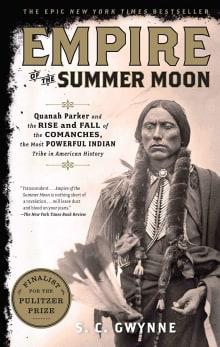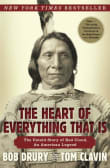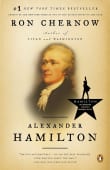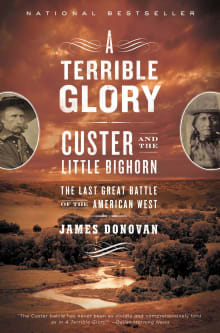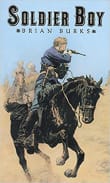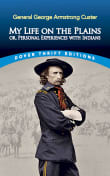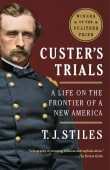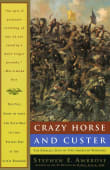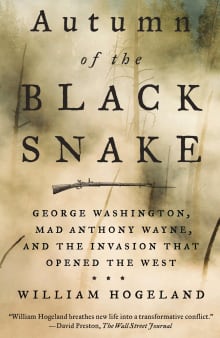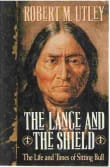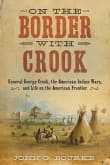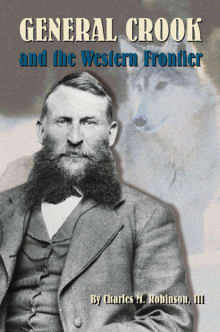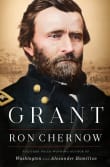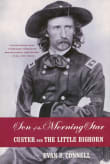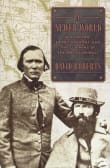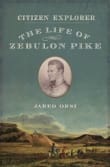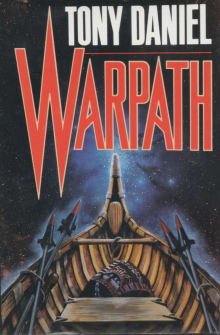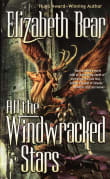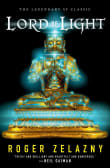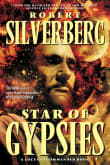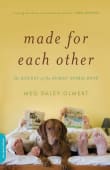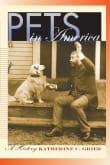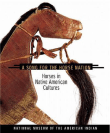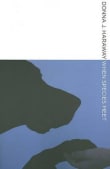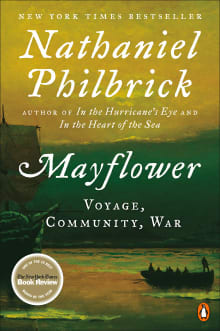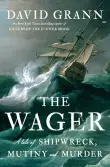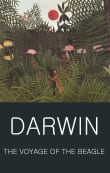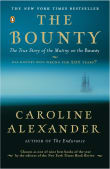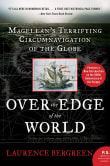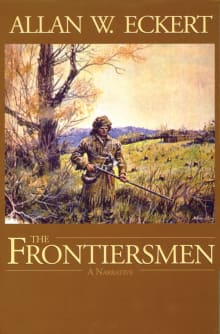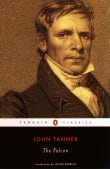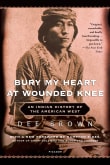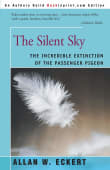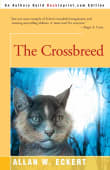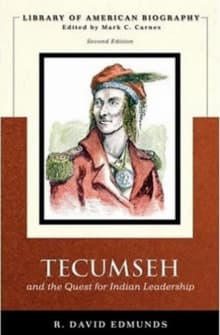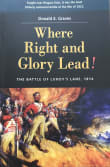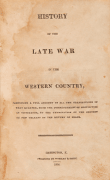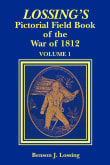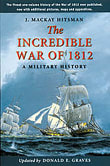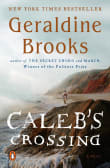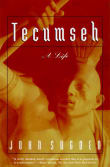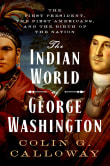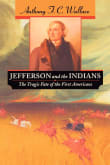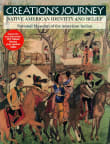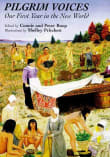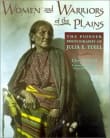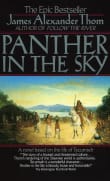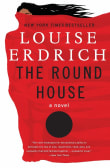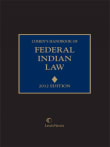Why am I passionate about this?
I love history in all forms. I enjoy first-person memoirs, and I also love historical biographies if they are well-written. Native American history is one of my areas of fascination, and the founding of our country is another. World War two is another area that I have delved into in the last few years, and it's so complex. Ultimately, all of the books I recommended are connected to important historical events, but their real strength is the people whom they are about. Looking through my list, I see that all of the books are about underdogs or figures who ultimately did not prevail in terms of their specific situations.
Alex's book list on historical nonfiction about underdogs

Why did Alex love this book?
This one tells the true tale of the last Chief of the Comanches, Quanah Parker. His mother was a white woman who had been captured as a teenager by the Comanche in a raid and raised from then on in the tribe. Parker develops into a powerful warrior and a great leader at a time when the white man was making life almost impossible for the Comanche.
The second part of his life is quite different from the first part, and both are equally fascinating. It's another one that I am always sad to finish, but I have listened to it at least five times so far. It never gets old and is an amazing listen.
6 authors picked Empire of the Summer Moon as one of their favorite books, and they share why you should read it.
In the tradition of Bury My Heart at Wounded Knee, a stunningly vivid historical account of the forty-year battle between Comanche Indians and white settlers for control of the American West, centering on Quanah, the greatest Comanche chief of them all.
S. C. Gwynne’s Empire of the Summer Moonspans two astonishing stories. The first traces the rise and fall of the Comanches, the most powerful Indian tribe in American history. The second entails one of the most remarkable narratives ever to come out of the Old West: the epic saga of the pioneer woman Cynthia Ann Parker and her mixed-blood…
